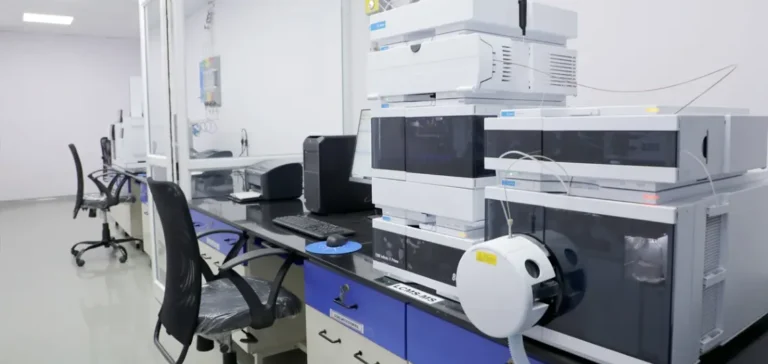Macsen Labs, a company active in the production of APIs (active pharmaceutical ingredients), dyes, and specialty chemicals since 1952, has made a significant announcement in the field of Sodium-Ion batteries. The company has developed an innovative cathode material, Prussian White, for these batteries. After optimizing this material for battery use, Macsen Labs has filed a provisional patent for its manufacturing process. This breakthrough allows the company to move to the next phase: pilot-scale production.
Prussian White: A Promising Material for Sodium-Ion Batteries
Prussian White is a variant of Prussian Blue, initially studied for its pharmaceutical applications in the treatment of radioactive poisoning. The company discovered that this compound could be used as a cathode material in Sodium-Ion batteries. This material offers significant advantages: increased stability, fast sodium-ion mobility due to its open crystalline structure, and compatibility with existing Lithium-Ion battery production infrastructures.
A Rapid Development in the Field of Electrochemistry
Macsen’s journey into electrochemistry began with no prior experience in the field. The company built its first battery cell in a standard lab, without specialized equipment, and successfully lit up a small LED with the prototype. This momentum led to the establishment of a full electrochemistry lab, now equipped with cell fabrication stations, electrochemical testing systems, and rapid prototyping equipment to test its synthesized materials.
Performance and Competitive Advantages of Prussian White
One of the major aspects of this innovation lies in the performance of Prussian White. The material achieves an energy density of over 150 mAh/g, placing it on par with Lithium Iron Phosphate (LFP). It also has the advantage of being made from common, low-cost materials such as sodium and iron, thus reducing the geopolitical constraints associated with raw materials used in traditional batteries.
A Promising Future for Sodium-Ion Batteries in India
Macsen Labs continues to develop this technology within its new entity, Macsen Energy, dedicated to energy storage innovation. The company is focused on improving cycle life, energy density, and charge-discharge rates. Another priority is reducing the production costs of battery cells by using aluminum instead of copper for cathode current collectors, which will help lower material costs.
Currently, Macsen Labs is preparing to set up a pilot-scale production line for large-scale battery cell manufacturing. The goal is to have this line operational by early 2026. The company aims to demonstrate the commercial performance of its Sodium-Ion batteries, particularly for applications in stationary energy storage (for power grids and solar systems), as well as for short-range electric vehicles and solutions for rural microgrids.





















